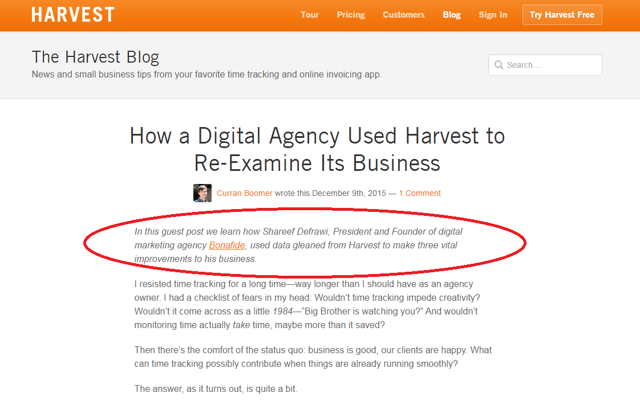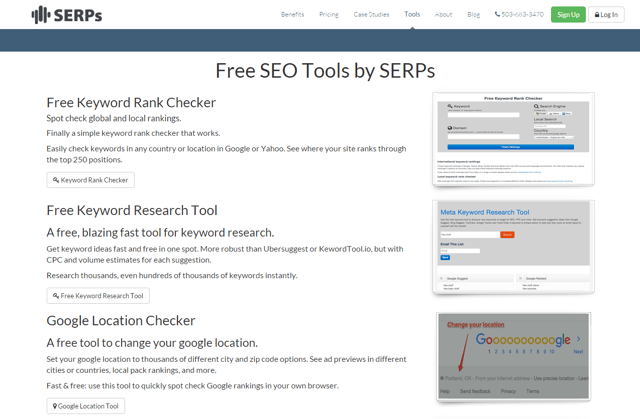
Ever Googled medical practices in your city and wondered why some rank higher than others? It's not luck; clinics that rank better invest in content marketing and search engine optimization to drive more traffic to their websites.
They say the best place to hide a dead body is on page 2 of the search results. Read on to learn how to show up above your competitors in the search engines.
1. Make Use of Both Paid & Organic Traffic

With more web traffic comes higher visibility and more booked appointments; but do you know how that traffic finds you? Traffic drivers typically fall into two categories:
Organic traffic finds your website without the help of paid advertising. Organic traffic is earned – it comes with an investment in building credibility and trust with search engines, social platforms and other websites. Common traffic drivers include:
- Search engine optimization (SEO)
- Referrals from other sites
- Social media shares
- Blogging and thought leadership
Paid Traffic finds your website through purchased advertisements and sponsored placements. With paid traffic the results are almost instantaneous – as quickly as you can set up a campaign and hand over a credit card. But the minute you stop paying, the traffic is gone. Paid traffic drivers include:
- Pay-per-click ads (e.g. Google Adwords)
- Banner ads on other websites
- Social media ads
- Sponsored/promoted content
Despite what the names imply, both organic and paid traffic require an investment on your part. But where paid traffic costs money, organic traffic demands time and energy. In order to keep organic traffic flowing you need to build links and offer valuable content that draws people to your website.
The best practice for any business is to use both paid and organic traffic drivers.
2. Optimize Your Website
Your website is both the public face of your business and arguably your best salesperson, but you won't win any new patients if no one can find it. Make sure to optimize for both the search engines and for people because Google is now incorporating user experience as a ranking factor.
The best websites have:
- Relevant keywords – Keywords are one of the most important ways that search engines find and assess your content. This includes content, URL structure, meta descriptions, title tags, image descriptions and more.
- Responsive designs – Fast load times and a friendly user interface are essential for every website. Your website should be easily navigable and offer clear call-to-actions on every page that instruct visitors what to do next (e.g. "Book a Free Consultation" or "Learn More.")
- Mobile optimization – Mobile searches have exceeded desktop searches in volume. This means that it's not enough to have a website optimized for desktop users—it needs to be responsive across all platforms.

- Local optimization – Local SEO makes it easier for local users to find you—a big priority for anyone in the medical field. You’ll need to make sure search engines know where you are and what areas you serve. This includes using keywords and creating content about the geography you’re targeting throughout your website.
- Multi-location optimization – If your clinic has multiple branches in different locations, it's important that each of those is locally optimized. That means each location should have its own unique page optimized for its locale with things like driving directions, nearby landmarks, etc.
- NAP Consistency – "NAP" stands for Name, Address, and Phone Number. It's critical to have these elements correctly coded on your website and consistent across the internet. While this is mostly about what happens off your website, it’s arguably one of the most important local ranking factors.
For more on what makes a medical website sink or swim check out "9 Mistakes You're Probably Making On Your Medical Practice Website."
3. Focus on Content
Quality content is the backbone of a successful website. It's what draws new visitors in, earns you attention from your community, and keeps satisfied patients coming back for more. The only way your website will rank well on search engines is with a foundation of high-value content.
Your content should roughly align to three principles:
- Content should be driven by research. If you want to rank well for the right terms – the ones people are searching - every piece of content should be directed by keyword research. Take into account what content your audience wants, then use a tool (like Google's Keyword Planner) to compile and refine a list of keywords that you can build your content around.
- Content should address your patients' pain points. Your content needs to have value, and the easiest way to do this is by addressing concerns that your audience commonly struggles with. FAQs make great material for blog posts and ebooks, but you can also search for questions people are asking on websites like Quora.

- Content should fill a gap. Research your competition and find out what clinics are offering and what they lack. If you can fill a niche that others overlook, you'll uncover more backlinking opportunities and you'll face less competition for your keyword rankings.
Beyond driving relevant traffic, high quality content will help you establish thought leadership in your industry. People seek advice from thought leaders, and once that relationship is established they’re a lot more likely to become patients.
4. Build Quality Backlinks
There are lots of ways to build links, some easier than others. Once you’ve conquered the low-hanging fruit – things like high-quality directories, physician profile websites and the like – you’ll need to work on more resource-intensive tactics to separate yourself from the competition.
Guest blogging and contributing educational content to credible websites are great ways to win some backlinks for your website. You can pitch stories to editors or offer yourself up as an industry expert for quotes and advice.

But, be warned: sloppy link building opens the door for Google penalties, which might irreparably bury your website in the search rankings. If you work with an agency to improve your SEO and manage your link building campaign, confirm they're not resorting to shady tactics that might burn you (e.g. buying links, spam, etc).
Make sure that the websites you reach out to are trusted and share topical relevance to your own content. Doing this exposes you to their existing readership, further establishes your credibility, and builds trust in your own services by association.
5. Measure What's Working
You wouldn't deliver a diagnosis before the test results come in, so don’t base your marketing decisions on gut feelings, either. Looking at the numbers – the right numbers – will help you understand which marketing channels are working and which are dead ends.
You can also monitor which keywords people use to find your website with Keyword Rank Checking apps. Using tools that track local and non-local terms, or those that let you narrow your search down to specific map listings or zip codes, will give you a better sense of your local and regional performance.

Final Thoughts
Search engines keep getting smarter; they’re investing millions of dollars to combat websites trying to game the system. Sites using shady tactics—what we call "black hat" SEO—to artificially boost their rankings inevitably get burned as Google's algorithm evolves.
The only way to withstand the test of time is to make sure that you're offering the best content in your niche and building links the right way. If you find that competition is too fierce, try narrowing your focus to the unique expertise that sets you apart from other clinics.
The bottom line: make your content valuable, make it linkworthy, and make it easily shareable. Only then will you stand a chance of winning the traffic game.

